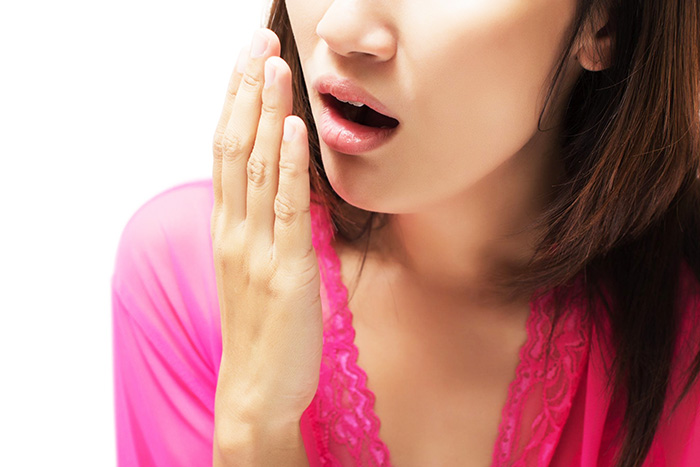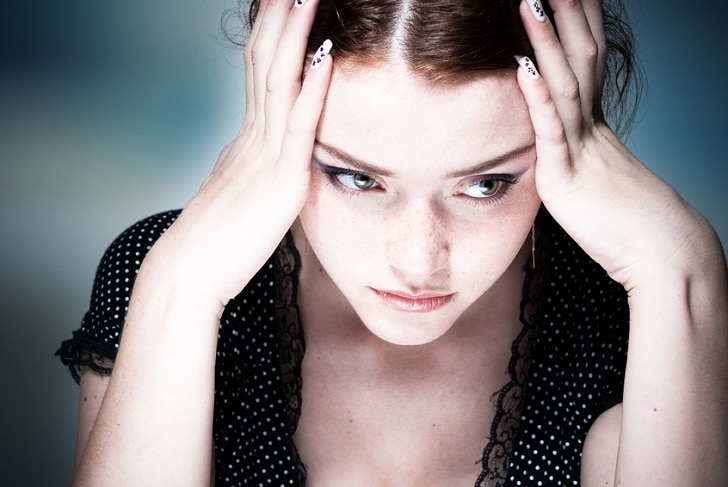Produced by your endocrine glands and secreted into the bloodstream, hormones are chemicals that direct the various tissues and organs of the body to carry out their respective tasks. In other words, your hormones trigger various processes within your body, ranging anywhere from your metabolic rate to your mood.
Alas, there are instances when the proper balance of hormones gets disrupted, causing all sorts of bodily functions to go out of whack. In females, some of the most common culprits behind hormonal imbalance include intake of contraceptive pills, pregnancy and menstrual cycle. Certainly, menopause can also be blamed for it.
Just because males do not go through the things mentioned above doesn’t mean that they are impervious to hormonal imbalance and the unfavorable effects they bring. In fact, there are certain factors shared by both males and females that can disrupt the normal balance of hormones, such as stress, poor eating habits and unhealthy lifestyle.
There are instances, too, wherein an underlying medical condition is the root cause of hormonal imbalance. For instance, someone having problems with the thyroid, which is an endocrine gland situated in the neck, can have an imbalance of hormones. Another very common medical condition that can actually cause it is diabetes.
Proper balance of hormones can be attained once again by having the problem directly causing it treated or managed. In some cases wherein an endocrine gland itself is the guilty party, the treatment course usually involves the regulation of the amount of hormones it secretes — reduced if it’s overactive, and increased if it’s underactive.
Addressing hormonal imbalance is very important because even the slightest increase or deficiency in hormones can have a considerable effect on your body and health. To determine whether or not there’s hormonal imbalance, certain laboratory tests will be done. A doctor will also consider clinical appearance and features in determining the problem.
Below are some of the most common indicators that you may have hormonal imbalance:
- Sleep problems. Women, in particular, are prone to having trouble sleeping at night when the levels of progesterone, a hormone that has a calming effect, drop.
- Acne. A bad case of acne may be due to excess testosterone in the body. It’s not just males that have testosterone but also females, although in smaller amounts.
- Excessive hunger. Can’t stop thinking about food? It could be due to an imbalance in the hormones. Also, some of the effects or hormonal imbalance such as lack of sleep can exacerbate hunger.
- Weight gain. Because of feeling too hungry all the time, gaining excess pounds is inevitable. Also contributing to the problem is the fact that hormonal imbalance may slow down the metabolism.
- GI issues. Too much cortisol, which is a stress hormone, can have all sorts of negative impact on the digestive system, such as queasiness and diarrhea.
- Fatigue. More often than not, unrelenting fatigue is a symptom that the thyroid is secreting less hormones, a condition known as hypothyroidism.
- Headaches. There are many different possible causes of a headache, and hormonal imbalance is one of them. Someone whose hormones are out of balance may also have frequent bouts of migraine.
- Mood changes. Having mood swings is one of the effects of the menopausal stage. It’s also not unlikely for hormonal imbalance to cause depression as well as anxiety.
- Hot flashes. Feeling suddenly hot all over or in certain areas of the body? It’s called hot flashes, a common menopause symptom. Usually, it’s accompanied by night sweats.
- Breast and vaginal changes. Women whose hormone levels are out of whack may notice that their breasts are tender and sore, and may have cysts. It is also possible for them to experience vaginal dryness.
- Reduced sex drive. Both males and females with hormonal imbalance may find that they no longer have the kind of libido that they used to have.








